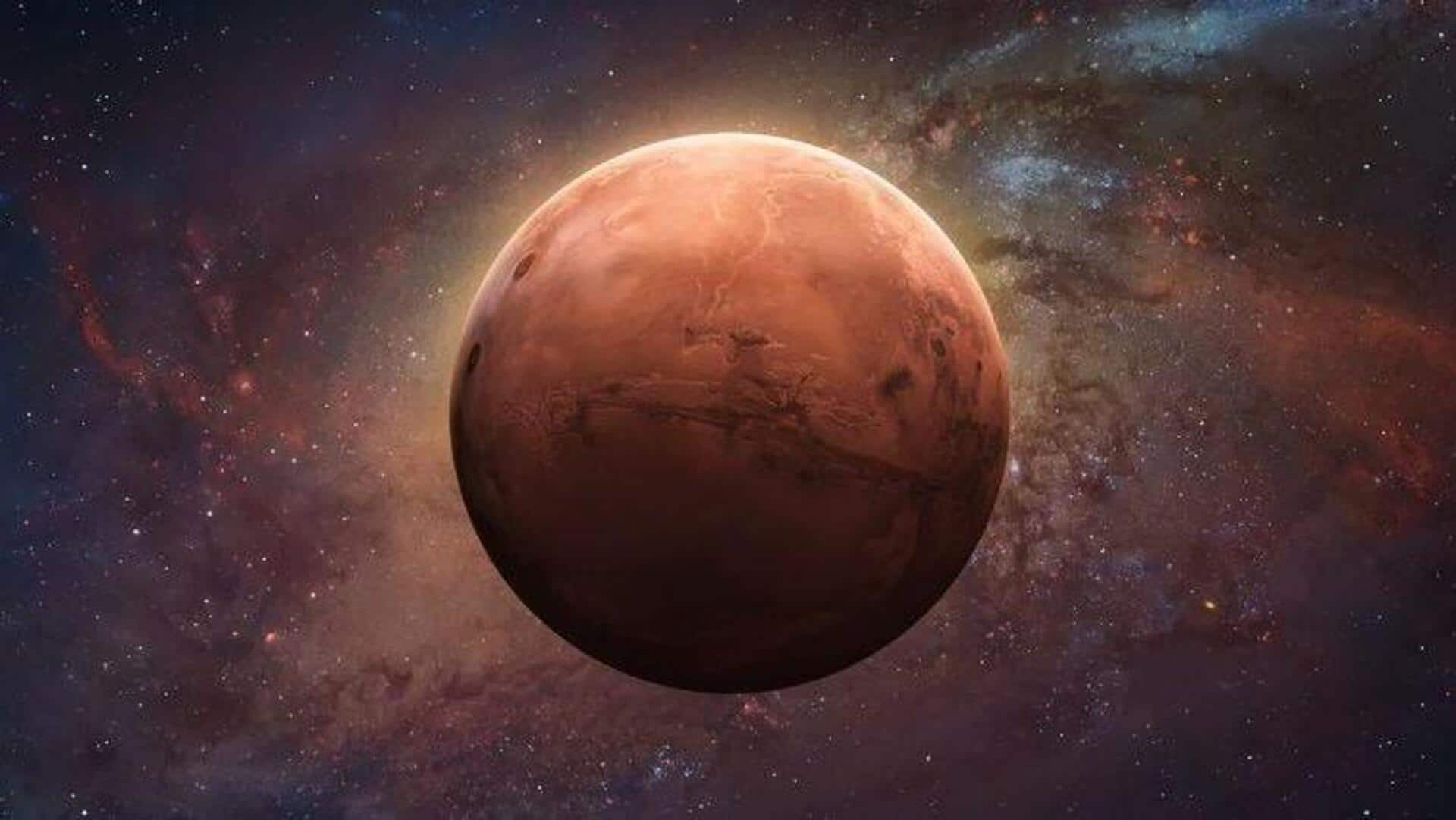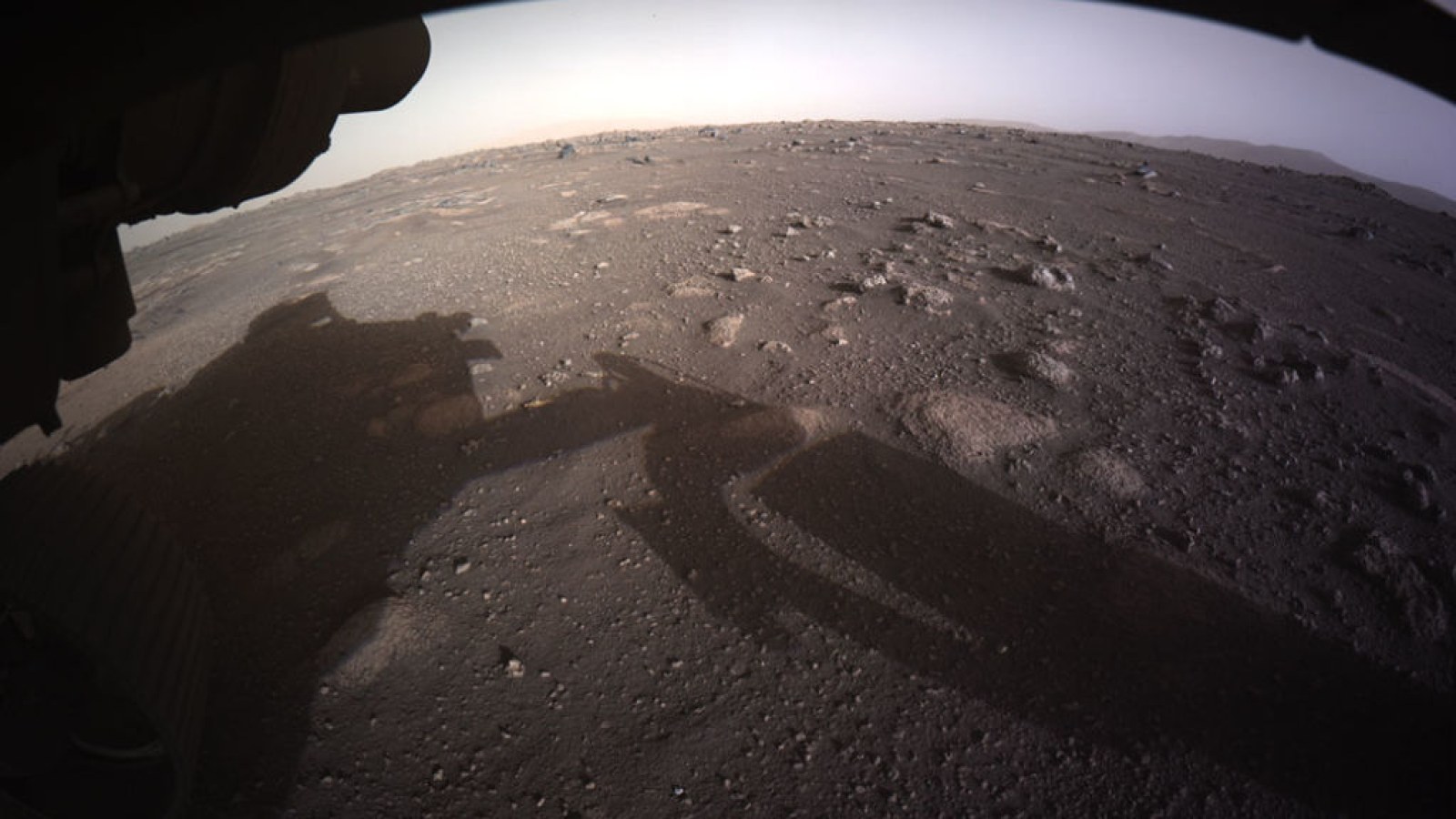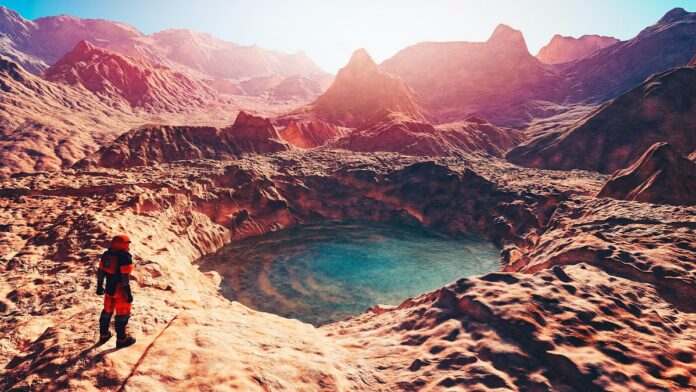Could Mars Have Supported Life Billions Of Years Ago? New Research Suggests That The Red Planet, Despite Its Current Arid State, May Have Once Had Conditions Suitable For Life. This Insight Comes From A 4.45-Billion-Year-Old Zircon Grain Found Within The Martian Meteorite NWA7034, Discovered In The Sahara Desert In 2011. The Grain Reveals Compelling Evidence That Hot Water Once Flowed On Mars—A Vital Ingredient For Life.
The Meteorite That Could Change Our Understanding Of Mars
Known As “Black Beauty” Due To Its Shiny Black Appearance, The NWA7034 Meteorite Is Among The Oldest Martian Meteorites Ever Found. Scientists Analyzing The Zircon Grain Found Within The Meteorite Discovered Traces Of Fluids Rich In Water, Indicating That Hot Water May Have Once Flowed On The Red Planet’s Surface. This Discovery Opens New Possibilities For Understanding Mars’ Potential To Host Life.
Aaron Cavosie, A Leading Scientist From Curtin’s School Of Earth And Planetary Sciences, Stated That This Breakthrough Could Lead To A New Understanding Of Hydrothermal Systems On Mars, Similar To Those On Earth Where Volcanic Activity And Water Interact To Support Life.

The Significance Of The Zircon Grain
The Key To This Groundbreaking Discovery Is The Tiny Zircon Grain, Which Was Studied Using Nano-Scale Geochemistry. Researchers Found Elements Like Iron, Aluminium, Yttrium, And Sodium Trapped Inside The Grain, All Of Which Point To The Presence Of Water-Rich Fluids. This Evidence Suggests That Mars, In Its Early Years, Had The Necessary Conditions For Life—A Factor That Could Have Shaped The Planet’s Evolution.
Hydrothermal Systems On Earth Are Known To Have Played A Crucial Role In The Emergence Of Life. The Latest Findings On Mars Indicate That The Planet Could Have Hosted Similar Systems, Making It A More Viable Candidate For Supporting Life Than Previously Thought.
Water On Mars: What The Past Reveals?
This Isn’t The First Time Scientists Have Found Evidence Of Water On Mars. In July, MIT Geologists Studied Ancient Martian Rivers Using Satellite Imagery, Discovering Evidence That Water May Have Flowed On The Planet As Recently As 4.1 Billion Years Ago. This Latest Research Adds Another Layer To The Theory That Mars Once Had Liquid Water, A Vital Ingredient For Life.
However, Mars Likely Lost Its Water Billions Of Years Ago Due To Harsh Solar Radiation. Without A Protective Magnetic Field, The Planet’s Atmosphere Gradually Disappeared, Leaving Behind The Dry, Barren Surface We See Today.

What Makes This Discovery Important?
The Discovery Of Hot Water On Mars Is Significant For Several Reasons. First, It Supports The Idea That The Planet May Have Once Had Habitable Conditions. Hydrothermal Systems Could Have Created Chemical Environments That Fostered The Emergence Of Life. This Adds Weight To The Ongoing Search For Evidence Of Past Life On Mars.
Second, The Discovery Provides Valuable Information About Mars’ Ancient Climate And Geological Processes. Understanding The Role Of Water On The Planet Could Help Scientists Determine Whether Life Could Have Existed There And Whether It Could Exist Again In The Future.

Future Research: The Road Ahead For Mars Exploration
As Researchers Continue To Investigate The Evidence Of Water On Mars, The Next Step Will Likely Involve Analyzing Martian Soil And Rocks For More Direct Signs Of Life. With The Ongoing Success Of NASA’s Perseverance Rover And Upcoming Missions, Scientists Are Optimistic That Future Discoveries Could Provide More Concrete Evidence Of Life, Or At Least The Conditions Necessary For Life, On Mars.
The NWA7034 Meteorite Continues To Offer Insights Into Mars’ Early History, And Future Technologies Will Allow For Even More Detailed Investigations. With Advancements In Space Exploration, The Possibility Of Uncovering More Secrets About Mars’ Potential To Host Life Is Becoming More Likely.

